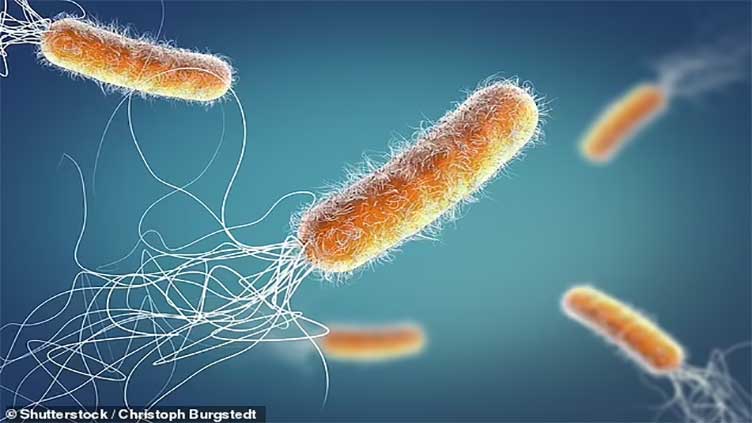Scientists warn deadly pathogens can survive in home washing machines

Technology
Researchers cited this as a serious risk
(Web Desk) - Scientists have issued a warning about home washing machines after finding the appliances fail to kill dangerous, treatment-resistant pathogens.
The new study found that up to half of at-home washing machines cannot sufficiently sterilize healthcare workers' uniforms to effectively protect against the spread of infection.
Researchers cited this as a serious risk for the 22 million Americans working in hospitals and other healthcare settings, as well as their families.
Hospital-acquired infections are a major public health concern because they frequently involve antibiotic-resistant bacteria such as those that cause colon inflammation, boil-like skin rashes and pneumonia.
Many of these infections can quickly turn deadly as many have a mortality rate between 20 and 50 percent.
The researchers evaluated six models of home washing machines based on how well they disinfected healthcare worker uniforms, while also looking at various wash cycles and detergent conditions.
They also investigated whether the bacteria became tolerant to detergent, and whether this also made them more resistant to antibiotics.
The team found that half of the machines did not decontaminate the uniforms during a rapid cycle, while one-third failed to do so with a standard cycle.
The study's findings suggested that nurses and doctors who wash their scrubs at home in standard washing machines are not fully decontaminating them, and previous studies have shown that bacteria can spread through clothing.
The team, led by UK's De Montfort University, also found bacterial residue lingering in the machines, as well as traces of antibiotic-resistant genes.
And to make matters worse, the investigation confirmed that bacteria can become resistant to detergent, and this increases their resistance to certain antibiotics.
'Our research shows that domestic washing machines often fail to disinfect textiles, allowing antibiotic-resistant bacteria to survive,' researchers said in a statement.
'If we're serious about transmission of infectious disease via textiles and tackling antimicrobial resistance, we must rethink how we launder what our healthcare workers wear,' they said.
The study, led by microbiology professor Katie Laird, used fabric swatches contaminated with Enterococcus faecium bacteria to test the decontamination capabilities of six household washing machines.
This type of bacteria can infect humans without needing a partner to reproduce, and it can cause serious illnesses like meningitis in newborns or infections in the heart.
The swatches were sealed in a bacteria-impermeable membrane, which allowed researchers to handle them without risking infection and prevented the microbes from spreading.
They then washed the swatches in 140°F water. According to the UK's National Health Service (NHS), a 10-minute wash at this temperature 'is sufficient to remove almost all micro-organisms' from healthcare uniforms.


